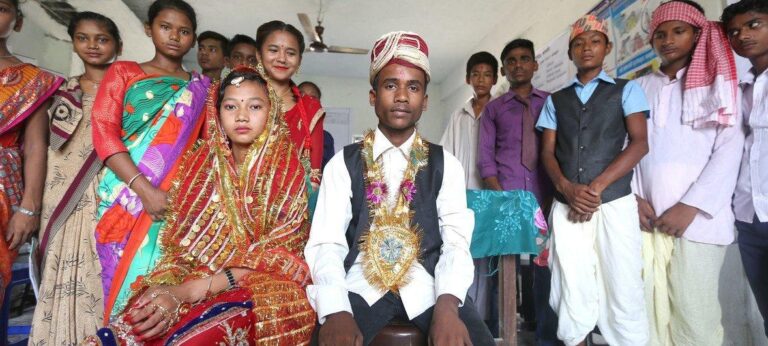Introduction to Child Marriage in Libya
Child marriage remains a significant challenge in Libya, affecting the lives of countless young girls. The practice is deeply rooted in cultural, social, and economic factors, often resulting in severe consequences for the girls involved.
Consequences of Child Marriage
The ramifications of child marriage are profound, often leading to early pregnancies and health complications. Furthermore, young brides tend to face a lack of educational opportunities, perpetuating cycles of poverty and gender inequality.
The Role of Organizations in Addressing the Issue
Various organizations are working diligently to combat child marriage in Libya, advocating for policy changes and raising awareness. Initiatives like those led by the Borgen Project have focused on highlighting the urgent need to address this issue effectively.
Legislative Framework and Challenges
Libya’s legislative framework does include provisions aimed at preventing child marriage; however, enforcement remains a concern. Addressing the gap between laws and social practices is crucial to make a tangible impact.
Community Engagement and Awareness
Community involvement is vital in addressing child marriage; thus, raising awareness is a top priority. Educational programs targeting parents and community leaders can foster a better understanding of the detrimental effects of the practice.
Conclusion and Call to Action
Combating child marriage in Libya requires a collective effort from all sectors of society. For more information on how to help, visit Borgen Project to learn about ongoing initiatives and how you can contribute to the cause.

